Interview: The Presets (w/ Julian Hamilton)
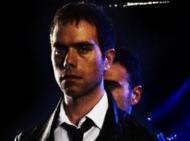 Julian Hamilton (lead vox, keys) is one-half of the Sydney, AU duo the Presets. His pedigree is rather impressive, including a formal education in classical and even having a 2-year stint with acclaimed Aussie rock band Silverchair.
Julian Hamilton (lead vox, keys) is one-half of the Sydney, AU duo the Presets. His pedigree is rather impressive, including a formal education in classical and even having a 2-year stint with acclaimed Aussie rock band Silverchair.
A few weeks ago Julian was kind enough to get on the horn and chat with Aural States, all the way from his home in Sydney. The Presets launch their tour tonight in LA supporting their latest LP Apocalypso. Be sure to enter our giveaway here.
AS- Hi Julian, where are you right now?
JH- In Sydney, we’re rehearsing this week. We’ve got a couple more festivals to do here before we head out to the States in about 2 and a half weeks. A lot building, rehearsing, all that boring stuff to do before we head over.
AS- Great. So let’s start by going over how you and Kim formed the Presets.
JH- We met when we were at music school actually. Back in the 90s. We played in other bands back then, softer kinds of soundtrack-y, almost post-rock stuff.
At the time we were studying classical music and at night we were listening to the new club music that was happening then, like Chemical Bros and that bit of dance music revival at then. All that was very influential when we were younger since we really weren’t making music like that, so to us it was very exciting. And after a few years, we formed the Presets, I guess about five years ago. Part of that I think was us wanting to be a little more energetic, a bit more explosive and just a bit crazier than what we were doing in our other bands…and of course in the classical world.
AS- Did you start out more as DJs or did you come at it from the rock/post-rock perspective and eventually incorporated more electronic elements?
JH- It was definitely rock, neither of us deejayed back then. Kim does now, I still don’t. I am a keyboard player first and foremost, I was trained as a piano player and I just fell into keys and then got into synths and that led to programming and production and all that feeds into the dancey, electronic aspects.
As classical musicians, we felt like computer music, in the classical world especially, was very exciting for us. Stockhausen and all those modern classical composers, the way they could create whole worlds on this computer. That was always very exciting for us. So that’s why we wanted to start making electronic music, at least.
As far as dance music goes…I think we just liked to dance, going to clubs, so it seemed like a logical thing to do.
AS- So you were kind of alluding to it when you were talking about your electronic influence being composers who could create completely different worlds sitting at a computer. Do you think having that electronic aspect to your music lets you flex your classical composition training, rather than being restricted to one instrumental/vocal voice?
JH- Yeah, definitely. In the sense that we are composers, I guess we are control freaks. So any kind of electronic music producer IS a producer. As opposed to a guitar player in a rock band who isn’t necessarily a producer, I think electronic/dance musicians maybe have more of an eye on the whole, the bigger picture.
I don’t know what came first, the want to produce music or this tinkering around with computers and synthesizers since I fell into electronic music that way as a keyboard/piano player. And synthesizers look like pianos, you know. laughs
When we were young, listening to artists like Portishead, Tricky and Goldie and just wondering “how do they do it, make these beats go on and on.” So even back then, there was a bit of this producer’s desire…to understand how they did that stuff and strung it together. And once we started doing that, we ended up writing more of it ourselves.
AS- Do you find your classical training influences your music in the Presets in any other ways?
JH- It’s hard to know. None of the stuff we write, tries to sound like Beethoven or anything like that. But classical discipline is a very hard world. It stamps itself durably, on your brain, forever. Do you know what I mean? When you spend four years doing course-work at a conservatorium, wrestling with all this Beethoven, Stockhausen and all this music…it’s hard to shake that, even 10 years later.
So even if our stuff doesn’t sound like the music we were playing back then, that discipline of trying to do things perfectly or meticulously, as if for a classical audience. Because it was hard work, that stuff…maybe that helps us with our production or getting things done.
For instance, when you are playing a piece by Stockhausen, say a piano work, you might spend 8, 9 months to a year concentrating on that one work for a final performance at the end of the year. Getting into every note, every melody, it’s quite a big task.
It’s much like putting a record together, something you commit to for a few months, it’s a big job and difficult to do. I guess that’s why a lot of people get producers and engineers to come in and help. But we tend to do it more ourselves, since we’ve done more difficult things in the past.
AS- That classical training never really leaves you, I can say from personal experience. It completely changes the way you view and approach things.
JH- Definitely, even my brother who was a classical ballet dancer as a young adult. Now he does contemporary dance, experimental stuff. But that classical thing never leaves you.
The funny thing is, now that we’ve gotten into more production and producing our own stuff and these colors and sound worlds. I’m going back and re-discovering especially this 20th century classical stuff like Ligeti and Xenakis, all those guys. The way they use an orchestra as a palette and synthesizers and drum machines and delay units and reverb, I can go back now and appreciate it on a whole new level.
AS- Let’s talk a little about Apocalypso. It definitely projects a much more sinister tone, darker than Beams. The currents of house, industrial and techno seem to run deeper as well.
JH- The first thing you noticed, that sinister feel. It’s a bit more of a coldness or, in terms of production, we wanted to make it a bit starker and a bit icier, maybe cleaner, compared to the older record. It’s kind of hard to describe.
AS- I think that the post-rock influence from your past was brought into this album as well. A lot of sounds are more desolate, distant. A lot of space in the arrangements.
JH- Yeah, definitely. We were aiming for a very simple, icy, desperate sound world. Then we wanted to inject it with this romantic, nostalgic sort of pop songs. You know, when you listen to the Pet Shop Boys or Eurhythmics and it’s this beautiful luscious pop song, but it sounds so robotic, almost like it’s from Metropolis at the same time.
These beautiful things that can exist in such bleak worlds.
And that’s kind of what Apoclaypso is all about. Being a part of a stark cold place, but embracing a beautiful lushness, a romance and holding on to that.
AS- Did you record Apocalypso in a single session, or was material accumulating while on tour supporting Beams?
JH- Beams was put together with parts of our demo, EPs, new material, a whole mish-mash of things. This one, we came off the road after about 3 years of touring with pretty much absolutely nothing. We got a couple ideas down, basic sketches, early last year. Then we went on the road to Europe, and then came back home and did the record in about 3 months from practically nothing, wrote, recorded, produced, mixed, everything very very quickly.
I hope it sounds like that too. Not quick, but sounds like it’s from a time. This record, I can pin it down to a certain time in my life, our lives. Whereas Beams was pretty scattered, over at least 2 years.
AS- How would you characterize that time?
JH- I guess the first thing I think about is how quickly things went because we had been touring for so long. But also, socially here in Australia, I was looking at a lot of things myself lyrically. I was doing a lot of touring overseas, meeting so many beautiful people in the States, Europe and the UK but there were some things happening in Australia at that time that I wasn’t too proud of.
Social things, moral things. The terrible way we treat refugees and the indigenous populations the Aboriginees, race riots. I realized there was a lot of those things that people were aware of in Europe, and it didn’t make me feel that good about Australia. I wanted to put a little bit of that in the record.
The record is written at the end of the Howard era, our last PM, and he was a real creep. He really hurt this country so much. And it was a really bleak time to live in Australia. Thankfully its changed here. I was thinking about with Apocalypso, how at times with our government, the way this country felt, it did feel kind of like the end of the world when you watched the news. It did feel very cold, stark, pretty miserable place.
But still, we still did these fun shows. People could still come out and dance. They could still go home and screw. You could still do all these fun, beautiful things that I wanted to celebrate. I guess that’s kind of what the album is all about. Even if times are a bit bleak, awful and cold, you can still embrace some really gorgeous things.
The cover of the record, the artwork is very cold, a sort of moonscape. But then you’ve got these cool, crazy characters in these kind of weird pagan party outfits. And it totally doesn’t fit together. And that’s kind of how I felt we, sometimes I didn’t feel like we and our music fit in the modern Australia.
AS- That actually leads well into my next question. How do you view the music community in Sydney and Australia as a whole? Is it a supportive one?
JH- Yeah, it’s kind of tricky because I haven’t been out as much lately with all the touring. We haven’t been in and around Australia for a while, to really check out what’s going on here. And then, the last thing I want to do when I come off touring (this sounds really bad) is go into a studio and watch a band. I want to stay home and cook something, chill out and enjoy a bit of time with my girlfriend.
That being said, there’s a lot of exciting things happening in Australia. Midnight Juggernauts, Cut Copy, Architecture in Helsinki and us hopefully. Really cool things that aren’t really happening as much in other parts of the world. We’re all good friends. I wouldn’t call us a scene, we don’t really get together and talk about music or write things together. But we’re all good mates and proud of each other and the good things happening here and overseas.
I don’t know whether it’s an Australian thing. All those bands I just mentioned, we all just exist in the world and the internet. It might say Sydney or Melbourne, AU on our Myspace page. But I couldn’t really think of anything that sounds like Sydney or Melbourne with our music. We’ve always kind of looked overseas for the music we loved anyways. And that’s one of the good things about music today. Bands from Brazil or Japan or Iceland can exist on the world stage now instead of playing in their own backyards.
AS- I know it can sometimes be difficult for electronic musicians to reproduce their music in a compelling fashion for a live setting, to make it engaging. This is especially true if you have someone coming and expecting a show rather than a dance night. But you and KIm seem to really translate that energy well and toe the line between being a band and being excellent DJs or electronic artists. Could you talk a little about your live approach?
JH- Well thank you. Actually, I think this comes to the classical approach. In classical, it’s always about a performance you know? Like with opera and ballet, there’s all this drama and that’s when the music really came alive. You can watch a ballet on video or DVD, but it’s not until you really see it in front of you that it really comes alive. We really felt that is what we wanted to bring to our electronic shows.
I guess traditionally electronic or dance music acts have always been generally pretty boring, a bit of generalization of course. But mostly, just a bunch of skinny little white dudes standing behind machines and you’re never really sure if they’re just emailing their mum. But these days, you see bands like Klaxons, Hot Chip and Juan Maclean, putting these amazing shows on. And it really is about a show.
We really want to do that same kind of thing. Drama, dahhhling. It’s all about performance!
More to come…
Related posts
- The Presets play RnR Hotel TOMORROWI’ve seen the Presets twice before. Once, at RnR Hotel...
- The Presets – Apocalypso (Modular)Stay tuned for a Presets prize pack giveaway later this...
- The Presets redoThe Presets got sick and had to cancel their DC...
- Audio / Video: The Presets – “If I Know You”The Presets just dropped a bombshell of a music video,...
- The Presets Apocalypso Tour GiveawayThe kind folks over at Modular want you to have...





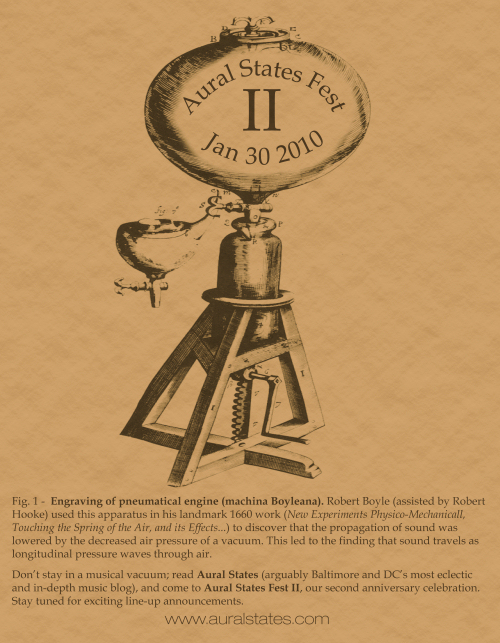
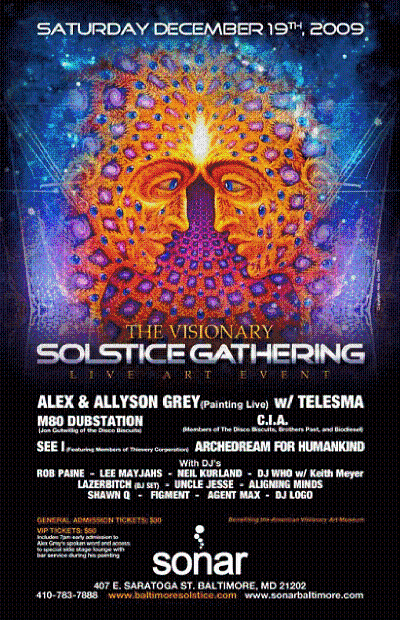









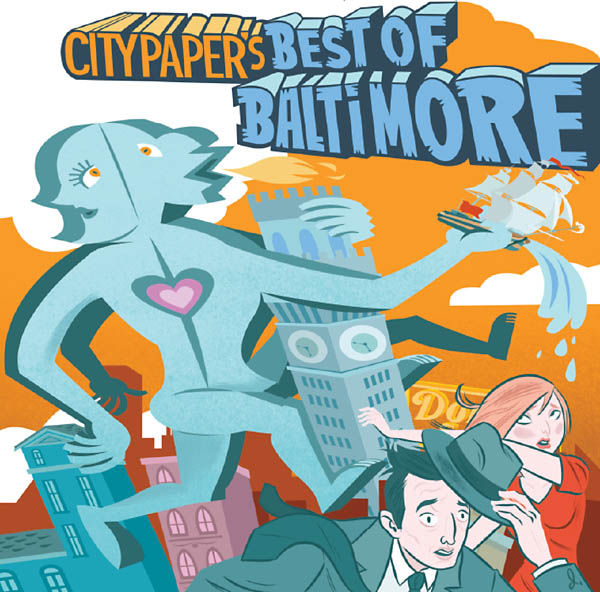
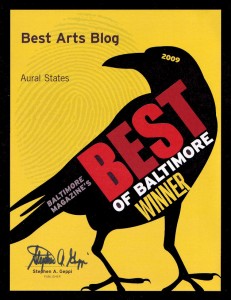


 Double Dagger: Masks EP
Double Dagger: Masks EP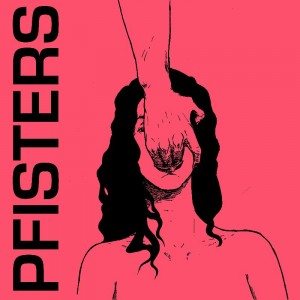 Pfisters: Narcicity
Pfisters: Narcicity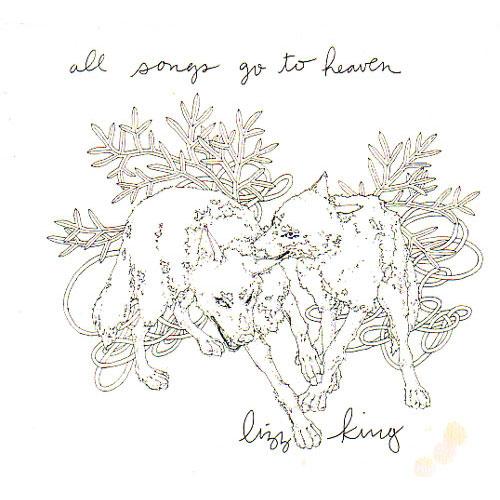 Lizz King: All Songs Go To Heaven
Lizz King: All Songs Go To Heaven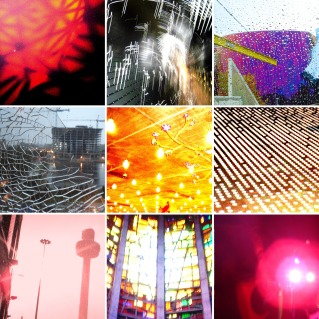 Imperial China: Phosphenes
Imperial China: Phosphenes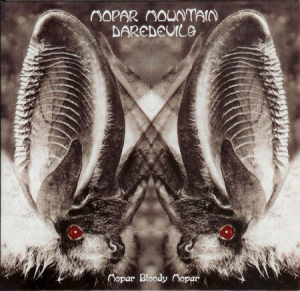 Mopar Mountain Daredevils: Mopar Bloody Mopar
Mopar Mountain Daredevils: Mopar Bloody Mopar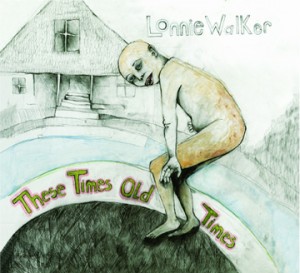 Lonnie Walker: These Times, Old Times
Lonnie Walker: These Times, Old Times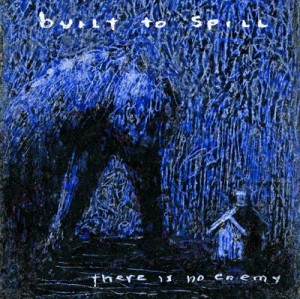 Built to Spill: There Is No Enemy
Built to Spill: There Is No Enemy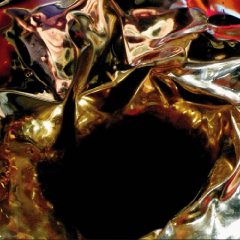 Hypnotic Brass Ensemble: Hypnotic Brass Ensemble
Hypnotic Brass Ensemble: Hypnotic Brass Ensemble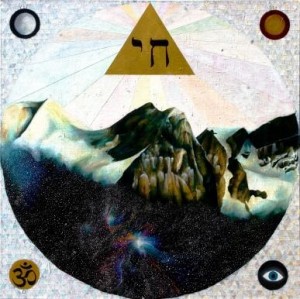 Secret Mountains: Kaddish EP
Secret Mountains: Kaddish EP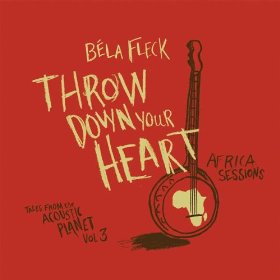 Bela Fleck: Throw Down Your Heart: Tales From the Acoustic Planet, Vol. 3 -Africa Sessions
Bela Fleck: Throw Down Your Heart: Tales From the Acoustic Planet, Vol. 3 -Africa Sessions Lands & Peoples: Lands & Peoples EP
Lands & Peoples: Lands & Peoples EP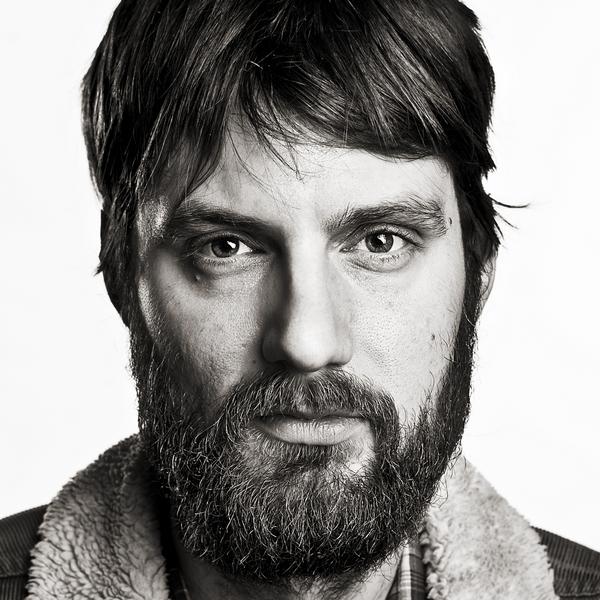 Caleb Stine: Eyes So Strong and Clean
Caleb Stine: Eyes So Strong and Clean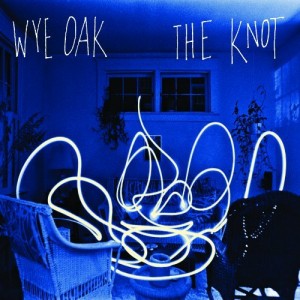 Wye Oak: The Knot
Wye Oak: The Knot Pontiak: Maker
Pontiak: Maker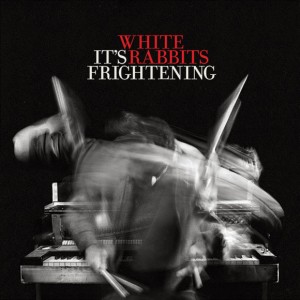 White Rabbits: It's Frightening
White Rabbits: It's Frightening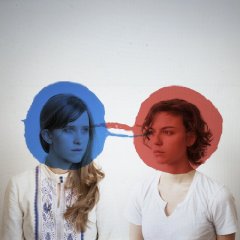 Dirty Projectors: Bitte Orca
Dirty Projectors: Bitte Orca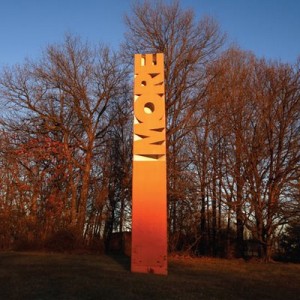 Double Dagger: More
Double Dagger: More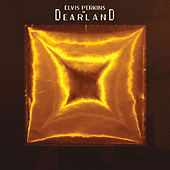 Elvis Perkins in Dearland: Elvis Perkins in Dearland
Elvis Perkins in Dearland: Elvis Perkins in Dearland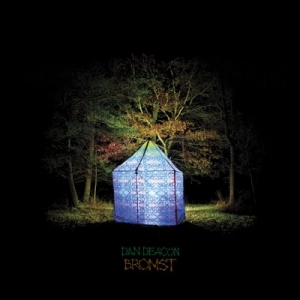 Dan Deacon: Bromst
Dan Deacon: Bromst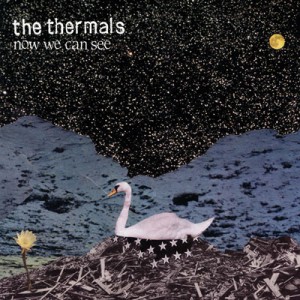 The Thermals: Now We Can See
The Thermals: Now We Can See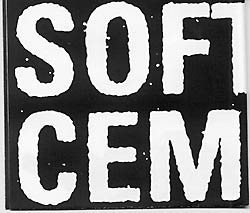 Soft Cement: Think About It EP
Soft Cement: Think About It EP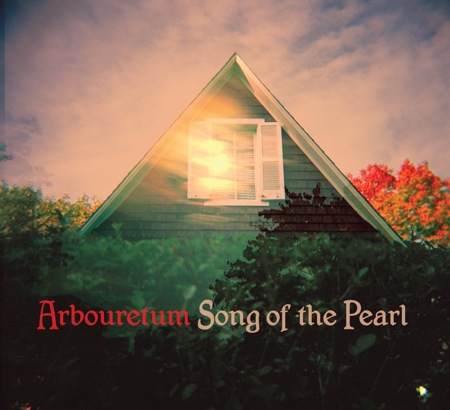 Arbouretum: Song of the Pearl
Arbouretum: Song of the Pearl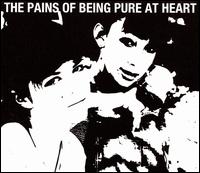 The Pains of Being Pure at Heart: The Pains of Being Pure at Heart
The Pains of Being Pure at Heart: The Pains of Being Pure at Heart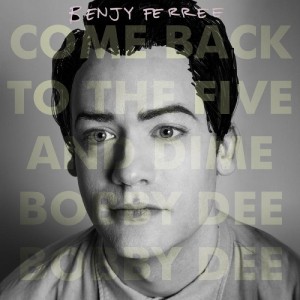 Benjy Ferree: Come Back to the Five and Dime, Bobby Dee Bobby Dee
Benjy Ferree: Come Back to the Five and Dime, Bobby Dee Bobby Dee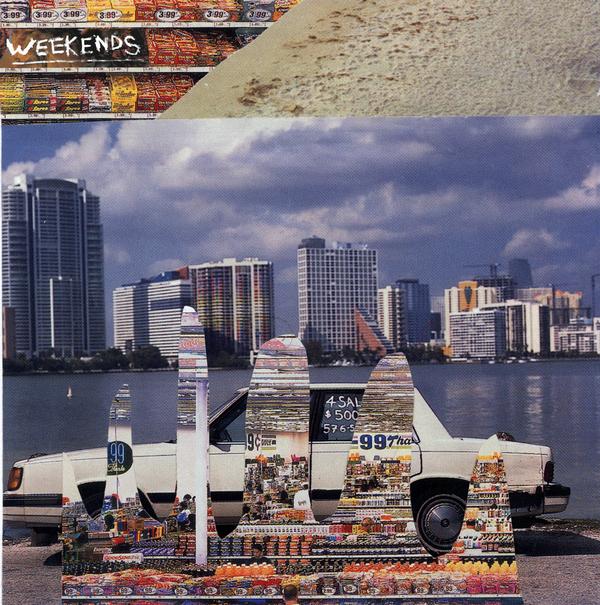 Weekends: Weekends
Weekends: Weekends Height With Friends: Baltimore Highlands 12" LP, Limited-Run Vinyl Only
Height With Friends: Baltimore Highlands 12" LP, Limited-Run Vinyl Only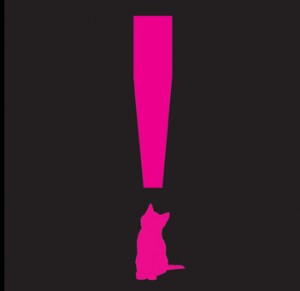 Caverns: Kittens! EP
Caverns: Kittens! EP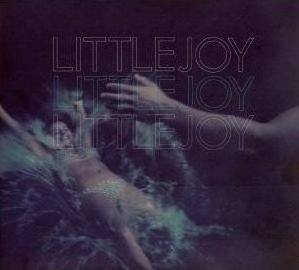 Little Joy: Little Joy
Little Joy: Little Joy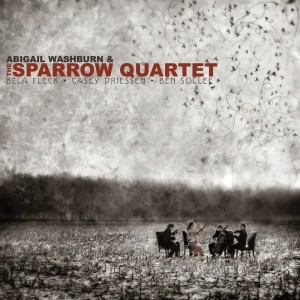 Abigail Washburn & the Sparrow Quartet:Abigail Washburn & the Sparrow Quartet
Abigail Washburn & the Sparrow Quartet:Abigail Washburn & the Sparrow Quartet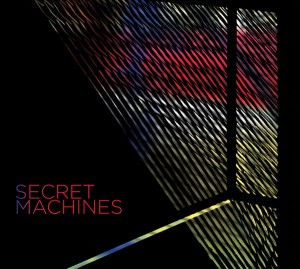 The Secret Machines: Secret Machines
The Secret Machines: Secret Machines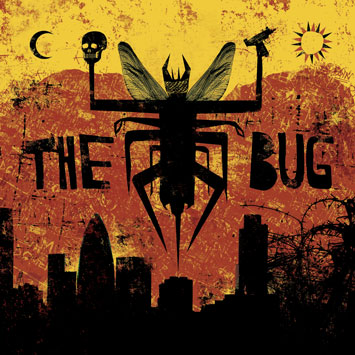 The Bug: LondonZoo
The Bug: LondonZoo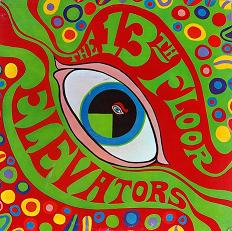 13th Floor Elevators: Psychedelic Sounds of the 13th Floor Elevators (Vinyl Mono LP only)
13th Floor Elevators: Psychedelic Sounds of the 13th Floor Elevators (Vinyl Mono LP only)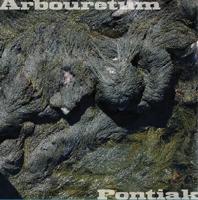 Arbouretum/Pontiak: Kale (Vinyl LP only)
Arbouretum/Pontiak: Kale (Vinyl LP only) Small Sur: We Live in Houses Made of Wood
Small Sur: We Live in Houses Made of Wood AbeVigoda: Skeleton
AbeVigoda: Skeleton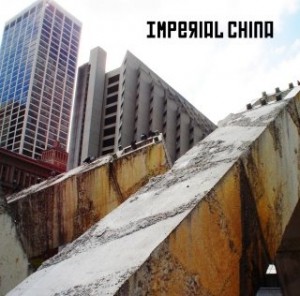 ImperialChina: Methods: EP
ImperialChina: Methods: EP
Cool, The Presets are AWESOME!
omg
me encanta the presets es muy entrete!
:::::::::::::::::::::::::::::::::::::::::::
pasaaa!
julian!!!!!!!!!!!!!!!!!!!!!!!!!!!
wuuuuuu
this boy’s in love!!!!!!!!!!
they are aamazing, love them.